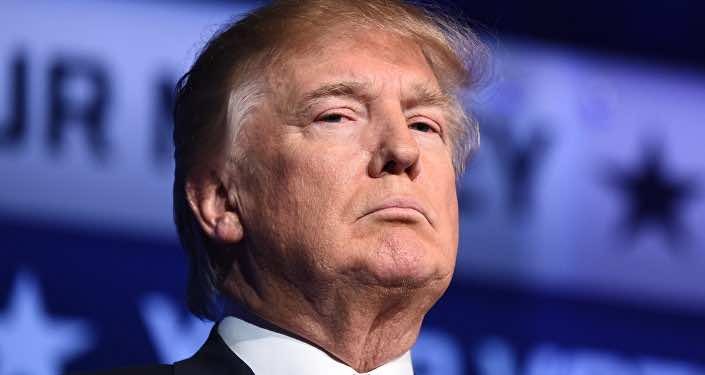Crypto Rebels Win: Supreme Court Strikes Down Controversial IRS Tax Rule

In a decisive move, the United States Senate overwhelmingly approved a resolution spearheaded by Senator Ted Cruz of Texas, striking down a controversial Biden administration regulation targeting software developers in the decentralized finance (DeFi) technology sector. The resolution passed with a robust 70-28 vote, following its earlier approval in the House of Representatives.
The contested rule sought to impose new regulatory constraints on developers of decentralized financial technologies, potentially stifling innovation in the rapidly evolving digital finance landscape. Senator Cruz's resolution represents a significant pushback against what many view as overreaching government intervention in the tech and financial innovation space.
By overturning this "midnight rule," lawmakers aim to protect the flexibility and entrepreneurial spirit of software developers working in the cutting-edge DeFi ecosystem. The bipartisan support for the resolution underscores growing concerns about regulatory approaches that could impede technological advancement and economic innovation.
This legislative action signals a continued debate about how to balance technological innovation with appropriate regulatory oversight in the rapidly changing world of digital finance.








